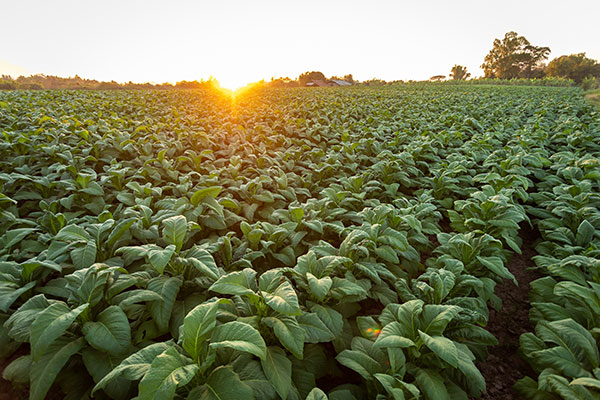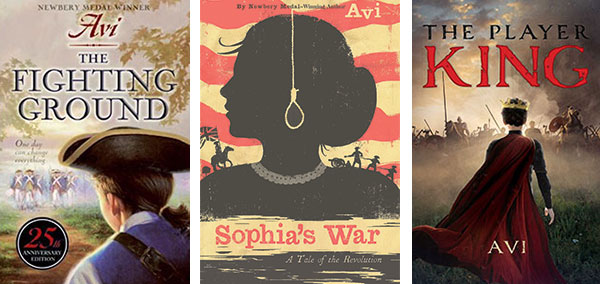History, you’ve no doubt heard it said a million times, is written by the winners. But what if you could find out what happened to the losers?
If one is going to write historical fiction, it seems fair to assume one needs to read history. And if one does reads history—as I do—you wonder about the stories of the so-called underdogs, those small, and sometime very large tales which are shoved into the darkness by the bright light of triumphant torches.
Those stories are what interest me and what I’ve come to write about.
Thus, The Fighting Ground, a momentary (but true) tale of the American Revolution, of little importance save to the people who lived and died in that small skirmish in New Jersey.
Thus, Sophia’s War, which in large part is about the plight of the huge numbers of American soldiers who, taken prisoner by the British, were most cruelly held and, in the main, forgotten. (Though there is a monument to the many who died, a monument championed into creation by Walt Whitman).
The Player King is about a 15th Century boy—about whom very little is known—who claimed the kingship of England against an oppressive monarchy and was actually crowned as such in Ireland, only to have his cause fall to pieces in The Battle of Trent. Another true tale.

Then there are the 18th century colonies of Virginia and Maryland. This area, around Chesapeake Bay came to be known as the Tobacco Coast. It was where the American economy first became both successful and international. The point is, most of the labor who worked this tobacco economy were not free.
That was because in the early 17th century it was England’s transported felons and indentured servants who made up much of the labor force there. It continued into the 18th century and has come to be called white slavery. We are referencing about fifty thousand people, men, women, and children.
It soon shifted to Black slavery. Either way, it was slavery.
That is the essential narrative subject of The End of the World and Beyond. A white boy, Oliver Cromwell Pitts, is caught up by the British legal system, transported to America—to the Tobacco Coast—as a felon. How does he get there? He is bought, but by whom? How does he live? How does he interact with Black slavery? Does he, can he, will he escape, when the local community is well organized to track down any escaped slave, white or black?
Where do Oliver and his fellow African slave Bara flee? More about that anon, in another post. Do I have to tell you, there’s not a great deal written about that.
I’ve chosen to in The End of the World and Beyond.
